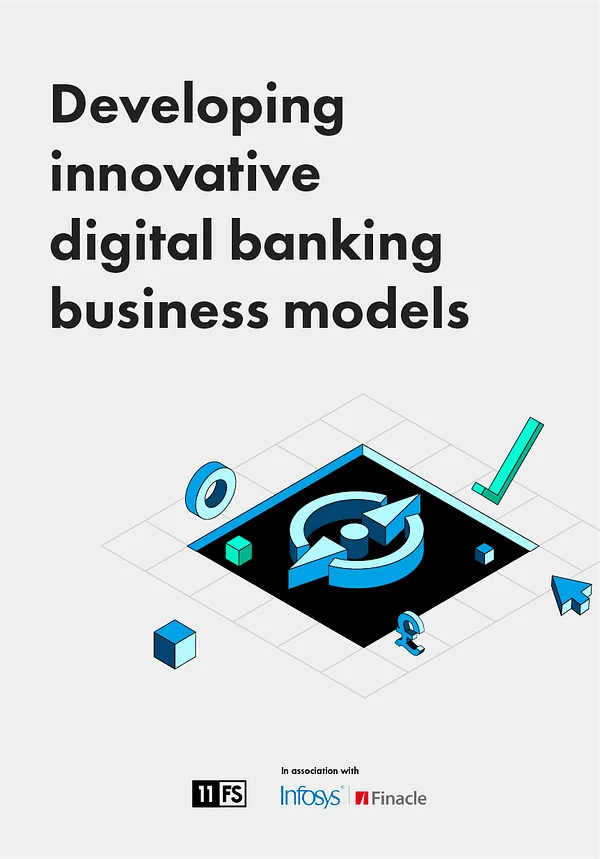What is a challenger bank? Who are they actually challenging and does the name even make sense?
Challenger banks hate the name. It’s a strong word hate, possibly too strong, maybe I should say that they dislike the name. And who could blame them? No-one wants to be a challenger, they want to be winners, leaders, and pioneers. So, what is a challenger bank? We recently released an incredible deep dive into what it means to be a challenger bank. And really we found that most ‘challenger’ banks have at least one major issue with the banking industry. Something that drives them to really dislike how the current banking experience is shaped for customers.
Challenging who?
We spoke to the CEOs and founders of some of the best challenger bank brands in the business: Atom, Metro, 84600, Starling, and Monzo. And they all pushed the same idea. They’re not challengers. They’re new. Most of the ‘challenger’ banks are looking to create something new in the space, not replicate what the incumbent banks have done for centuries. Challenger can mean a lot of things to a lot of people. For example, Metro Bank could be classed as a challenger bank but it doesn’t mean that it’s the same as Monzo or Starling. For one thing, Metro Bank has been around since 2010, whereas the others are much more recent, and they’re digital-only banks.
So many categories
And that’s the issue. Challenger bank doesn’t really mean anything as such. They each do such radically different things that it’s impossible to lump them into one coherent category. Unless that category is ‘banks that didn’t exist before the 21st Century. It’s a bit like tarring all Millennials with the same brush (which is sadly something that happens all the time). So, why does it happen? You already know the answer, it’s easy and convenient. It’s the same reason why you usually drink the rubbish coffee in the office kitchen instead of going to a coffee shop. The new banks vary wildly. Most of the ones I listed have different core functions, different offerings, and different goals. Metro Bank has physical branches that are open all year (apart from two days) which has a huge list of benefits and drawbacks to customers. Next up you have the digital-only banks, zero branches, zero closed hours, and a whole lot of flexible services. But for some reason they’re all spoken of in the same way. It doesn’t make any real sense now, does it? Want to know why this is happening? Click here to listen to our special insight show on challenger banks.





.svg)
.svg)





